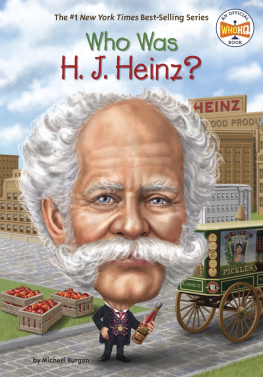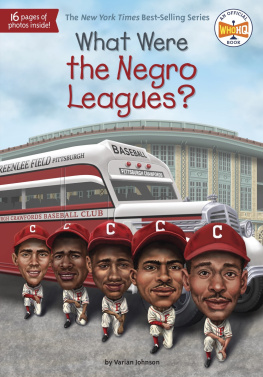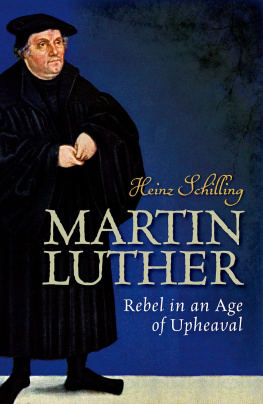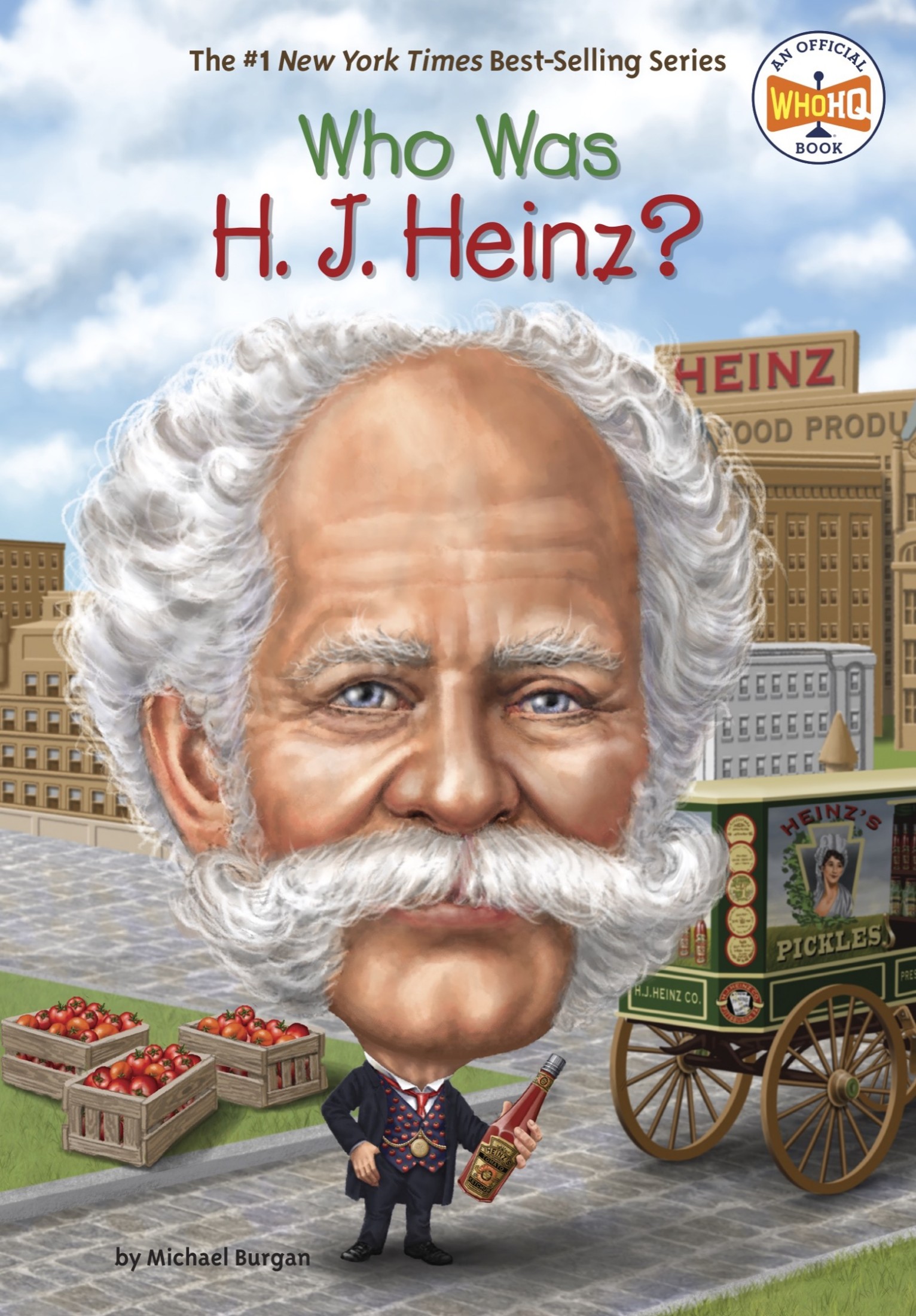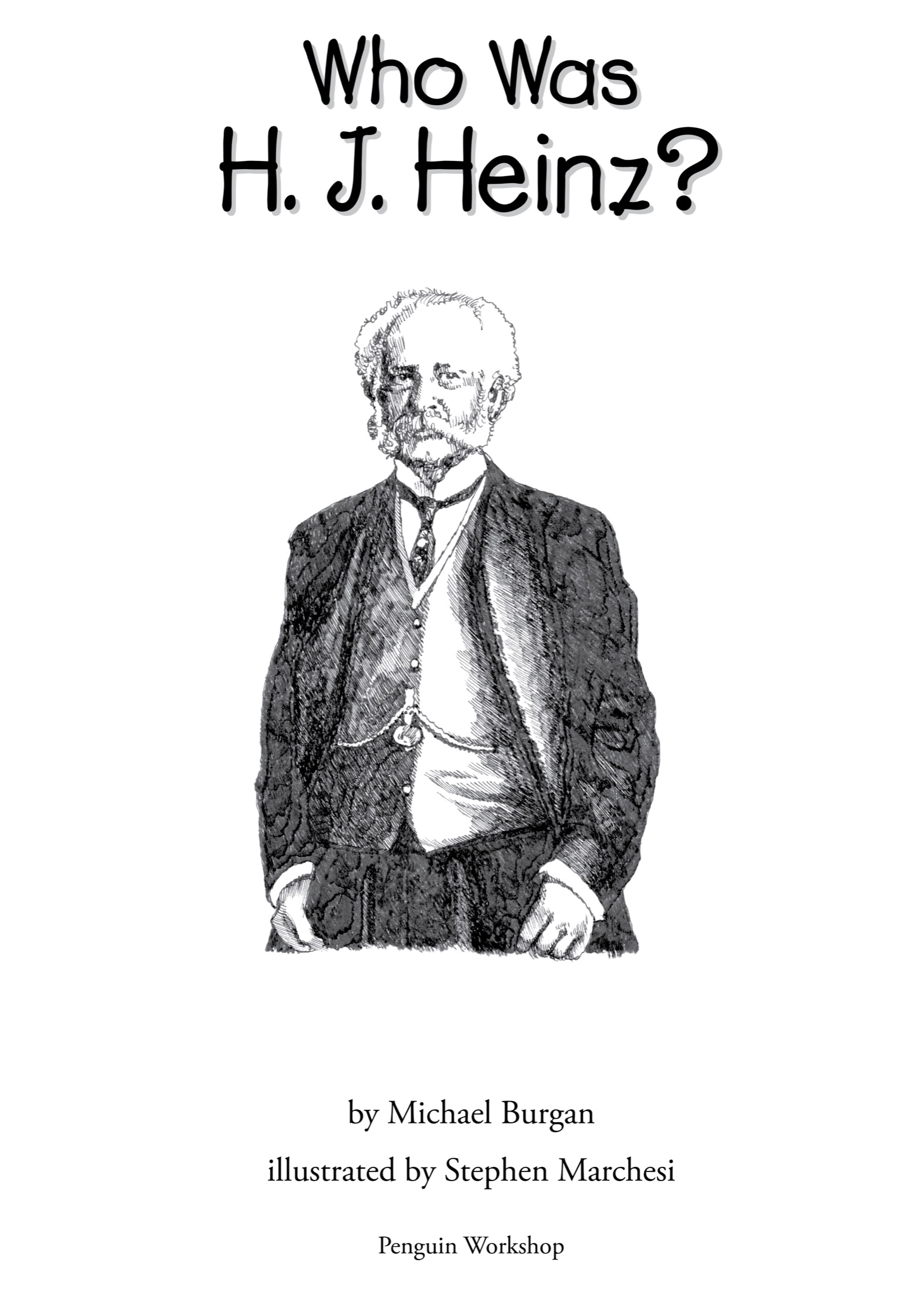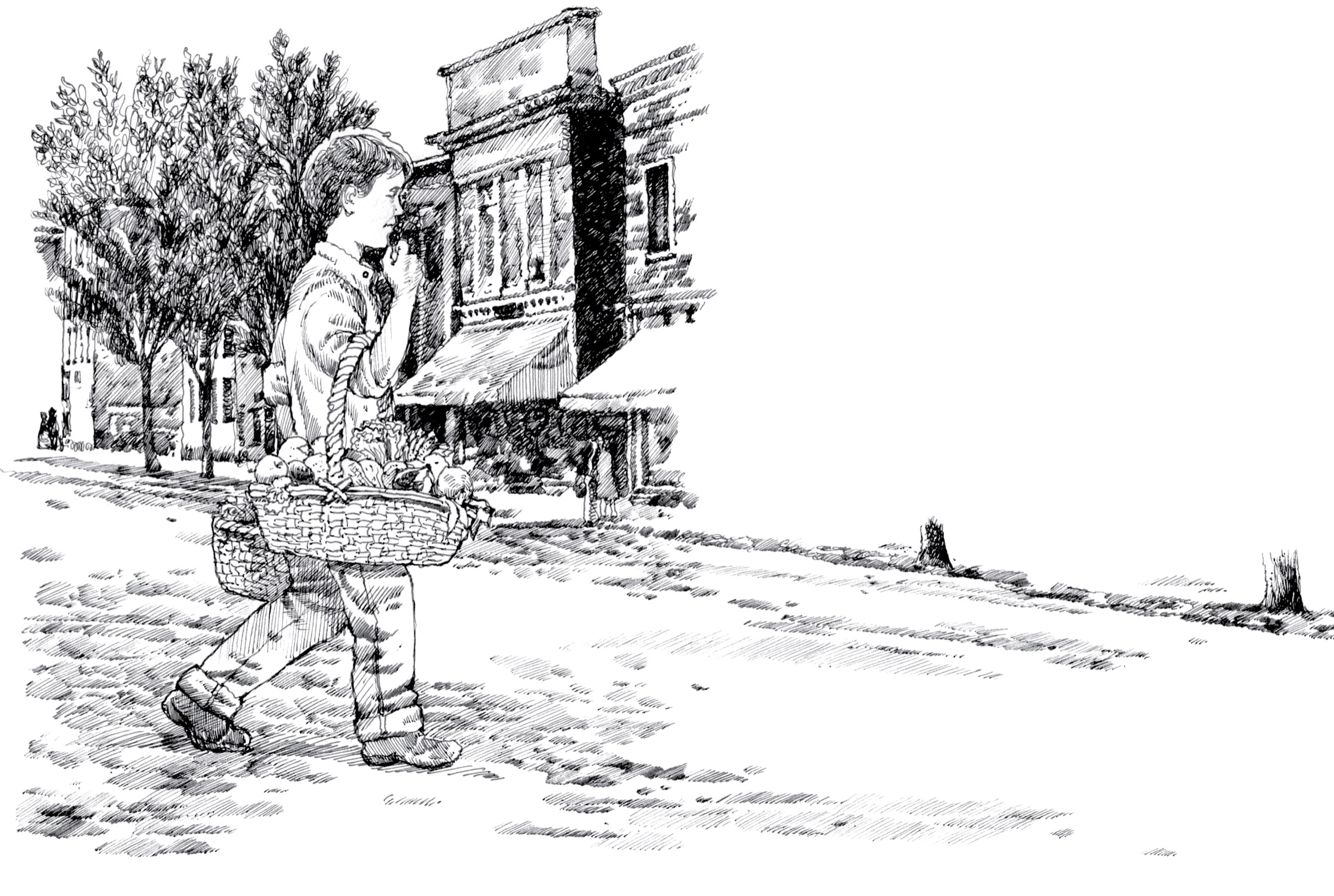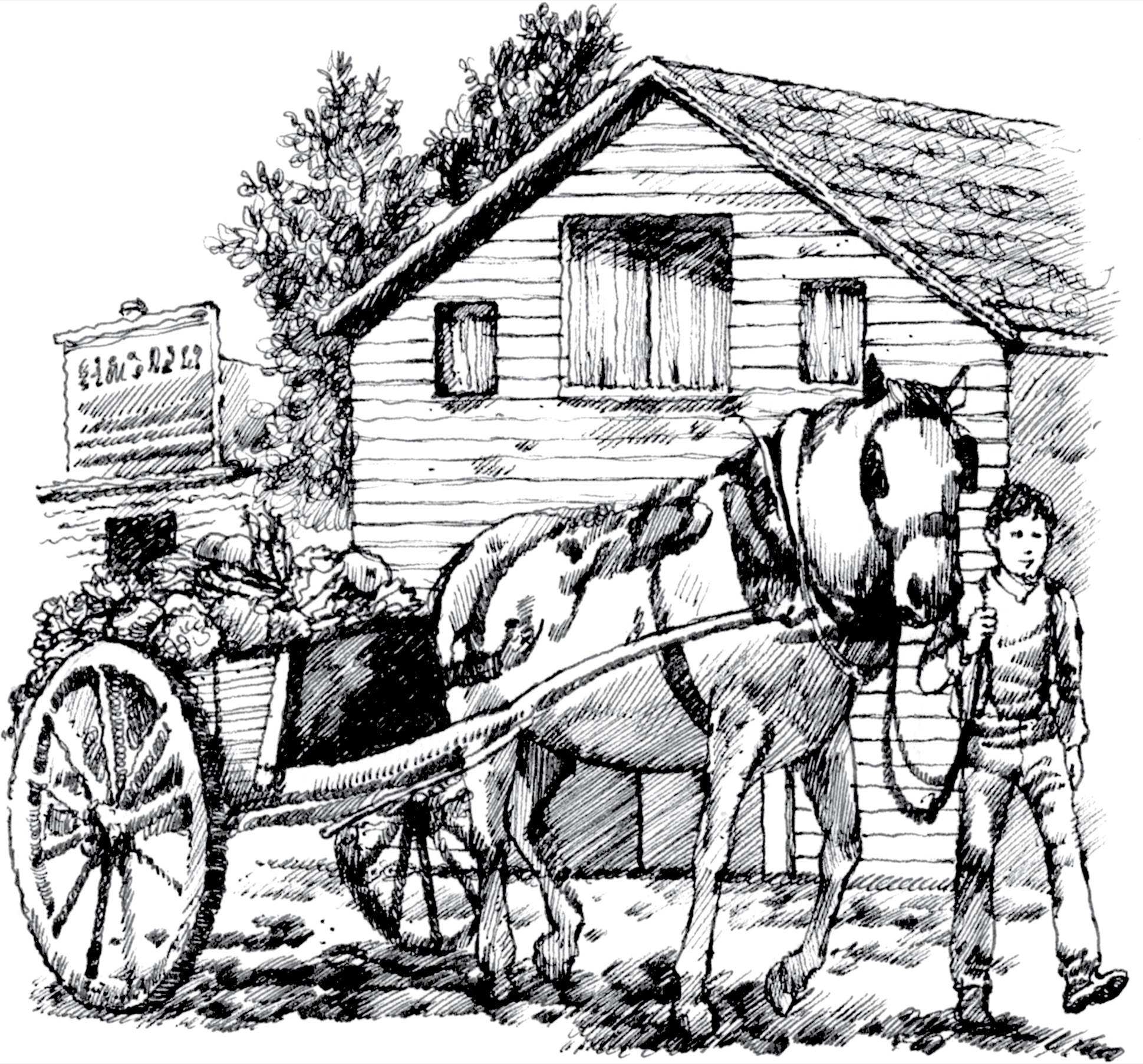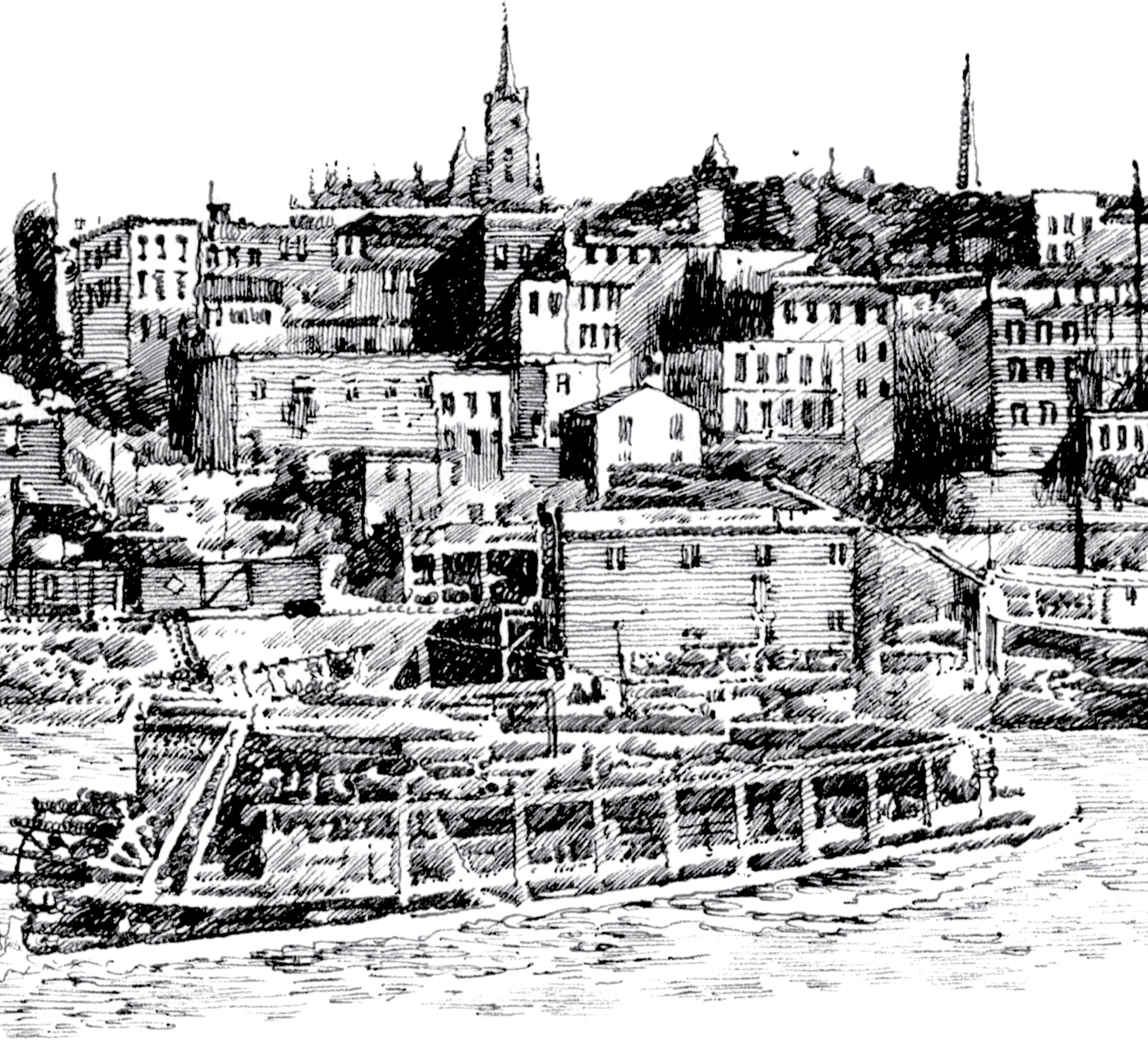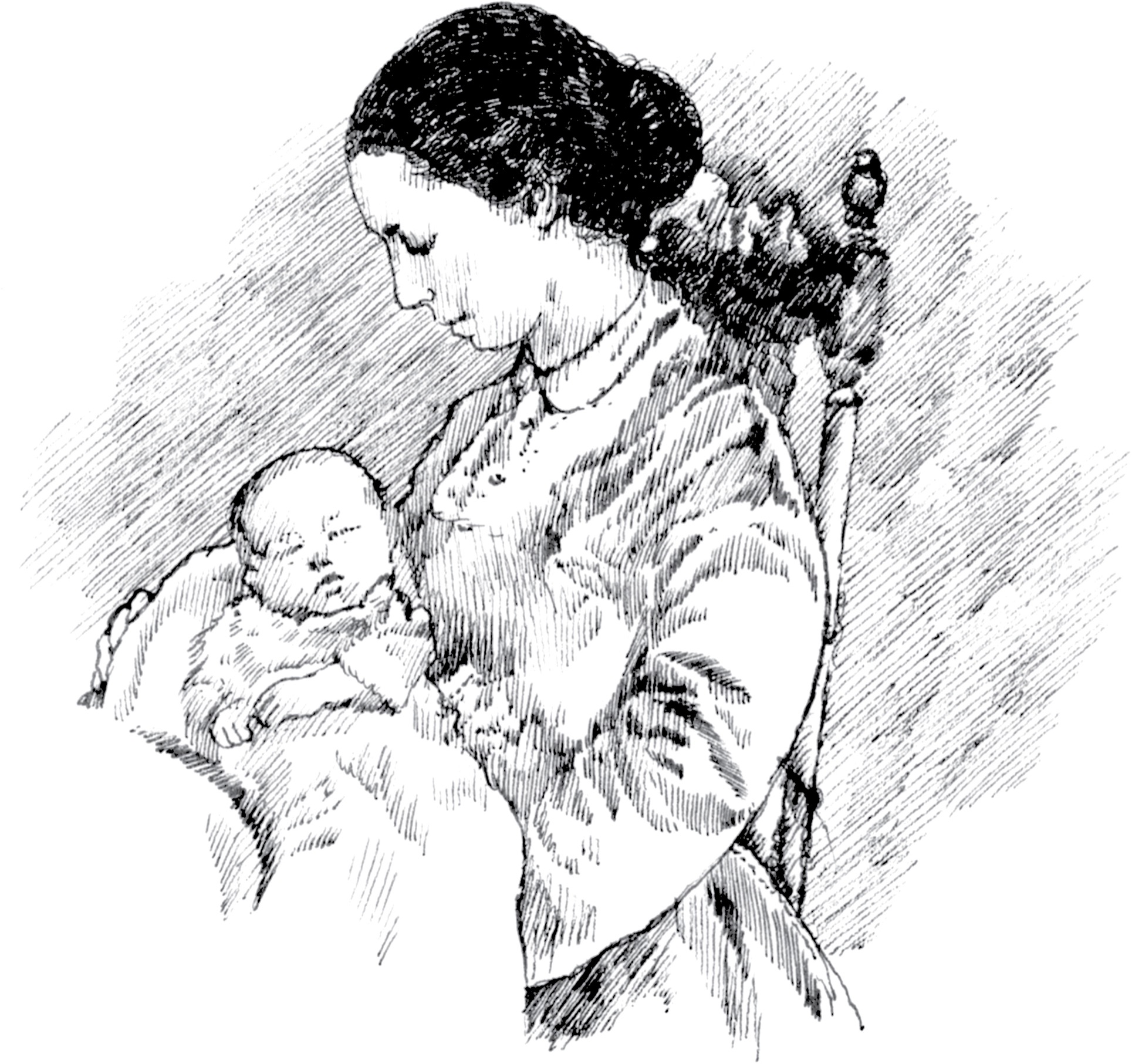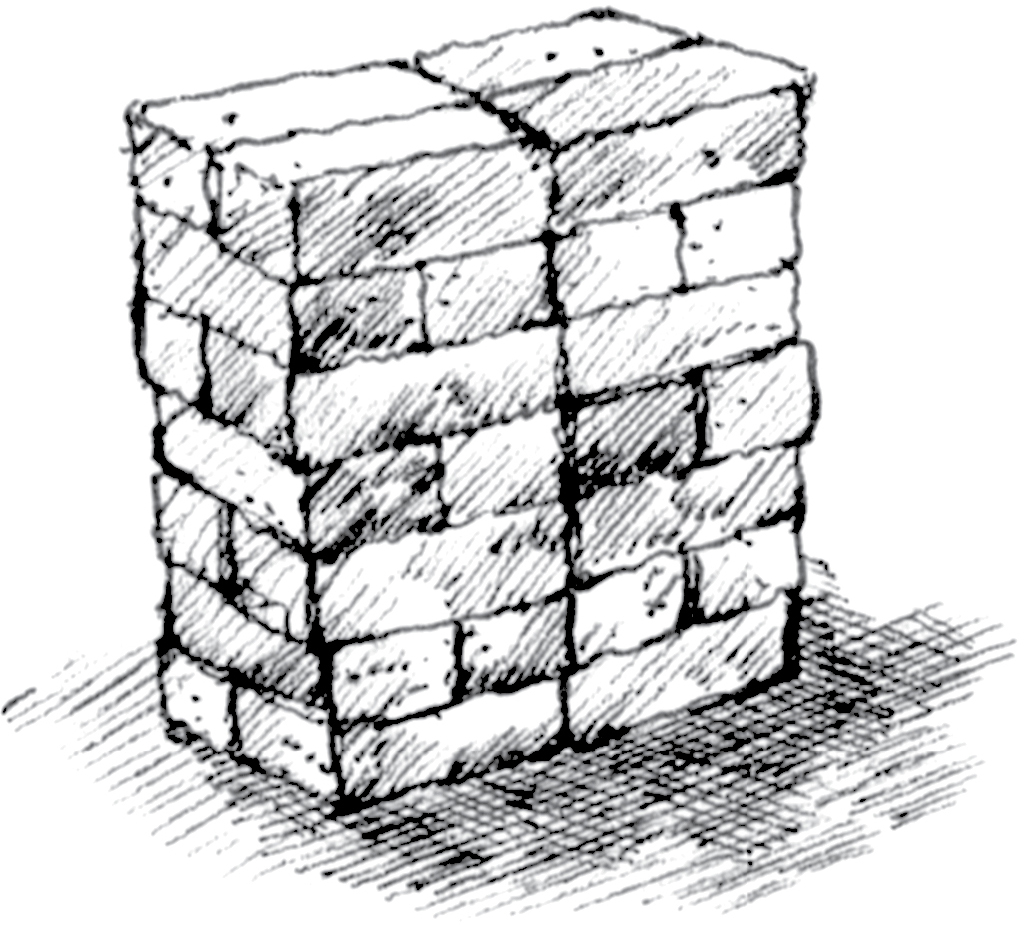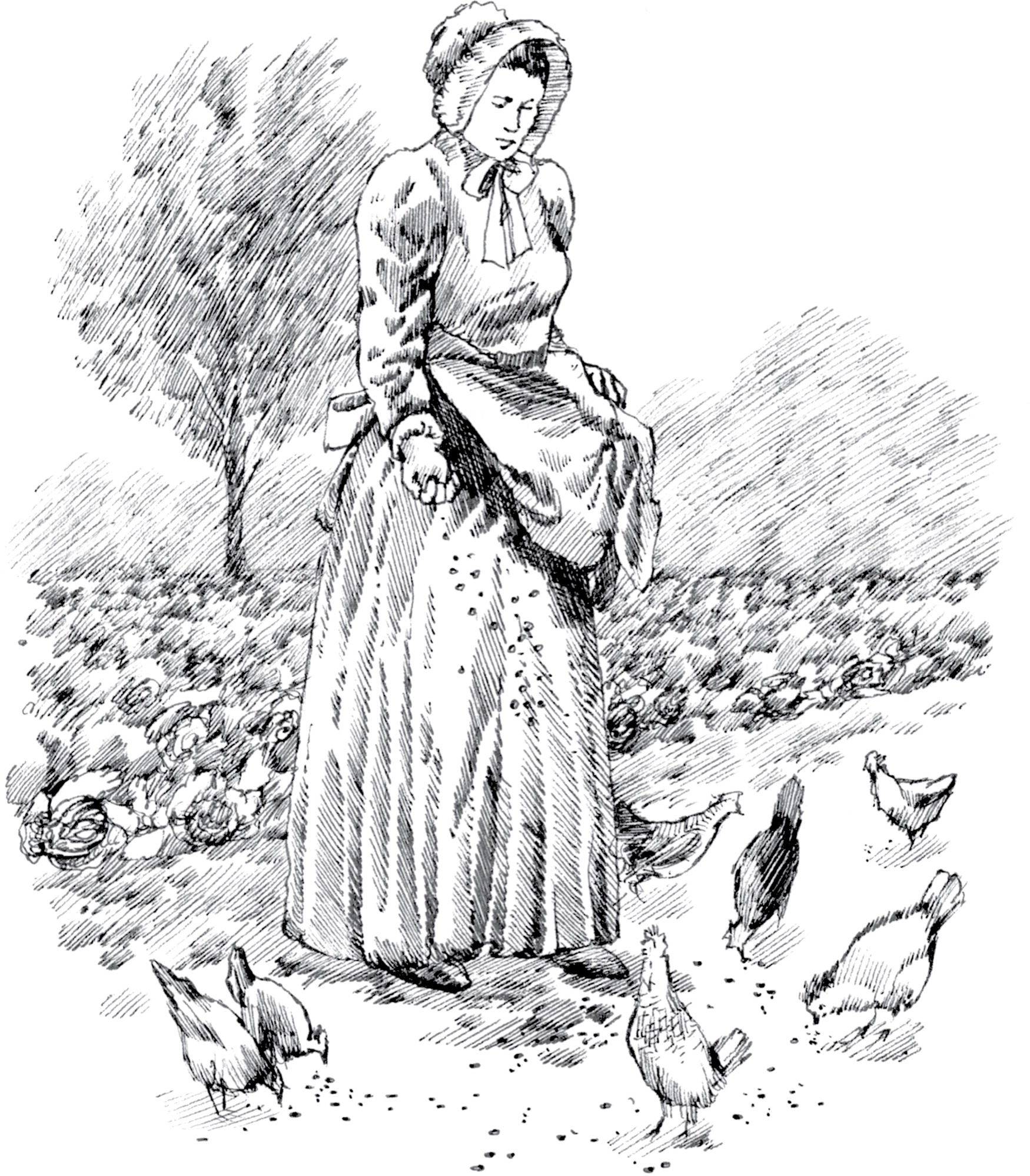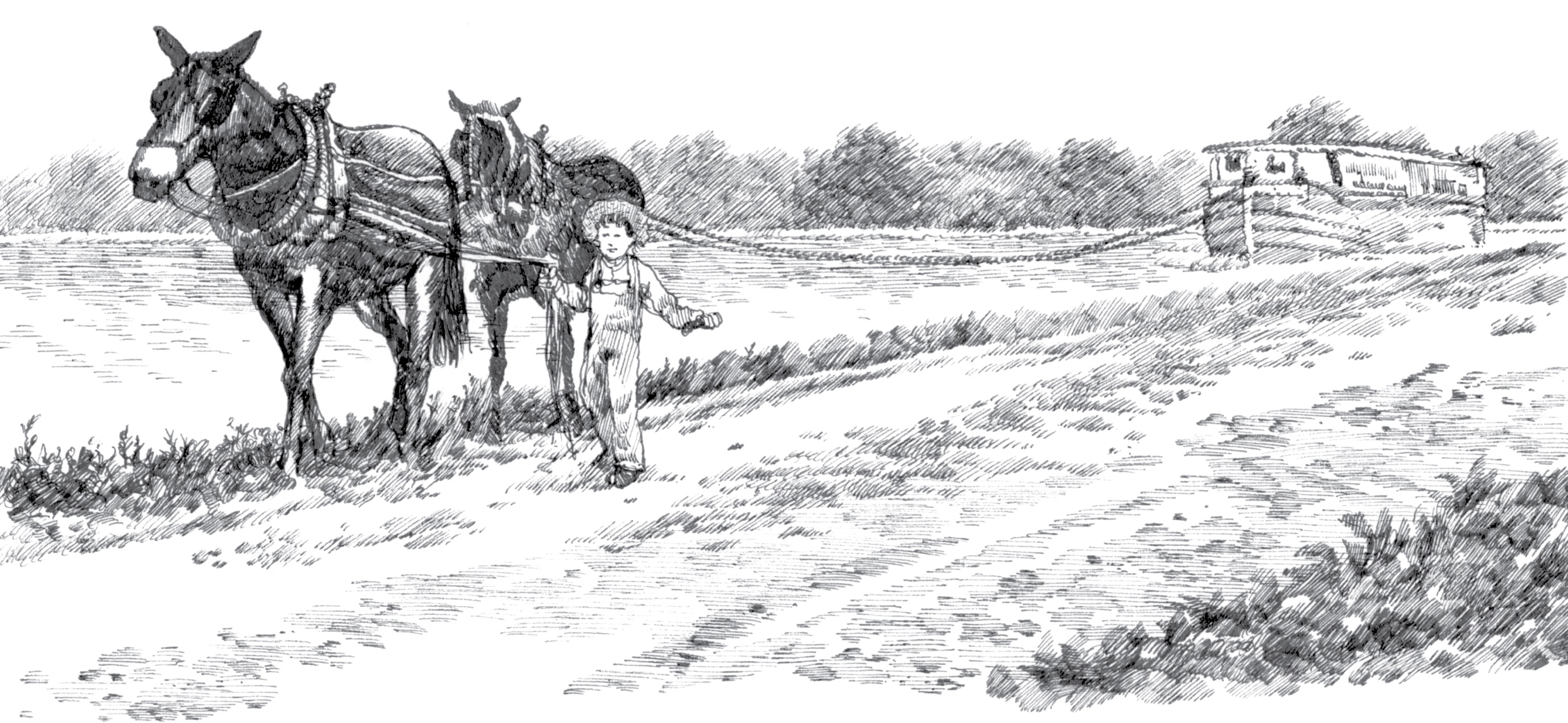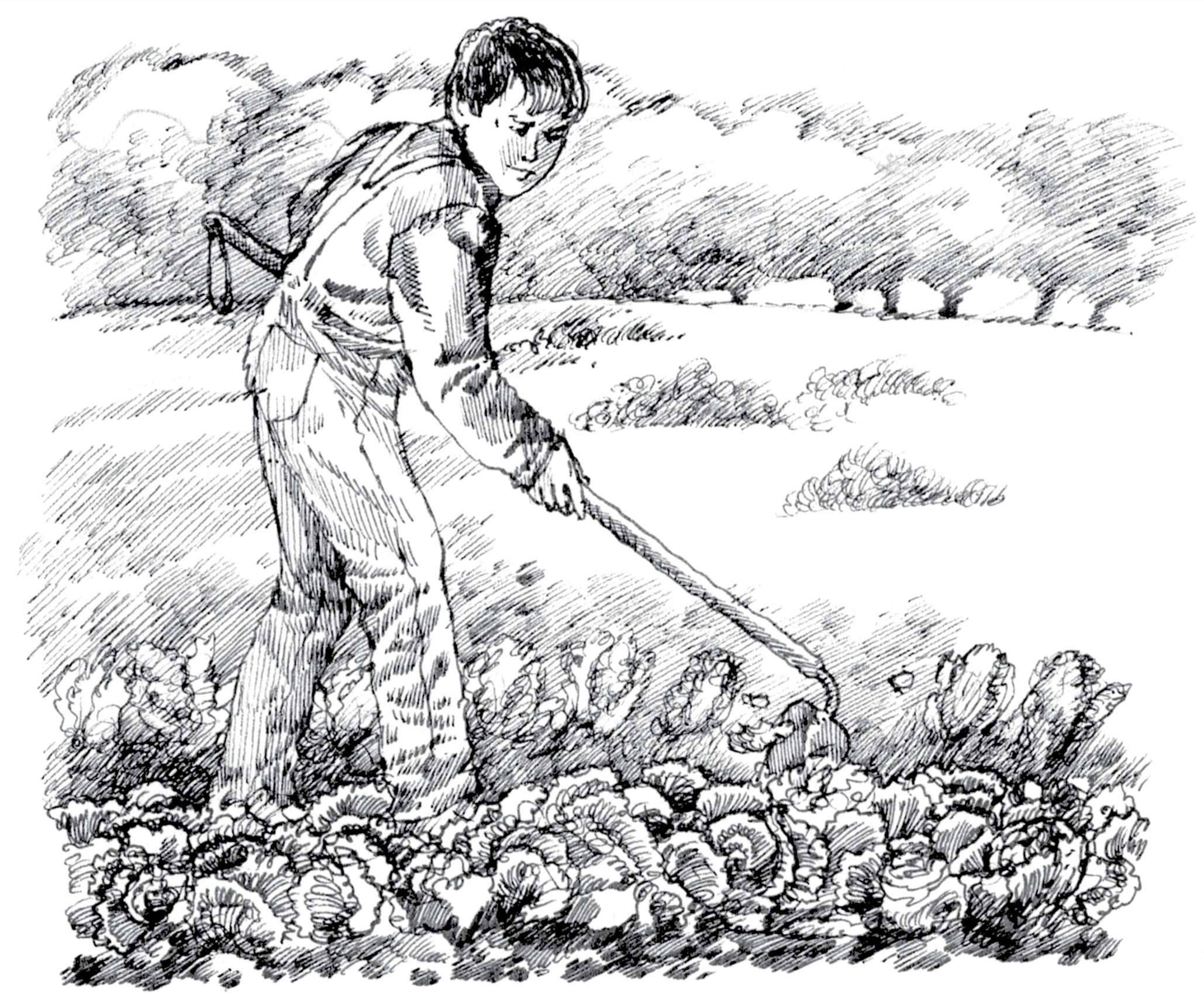If you purchased this book without a cover, you should be aware that this book is stolen property. It was reported as unsold and destroyed to the publisher, and neither the author nor the publisher has received any payment for this stripped book.
Penguin supports copyright. Copyright fuels creativity, encourages diverse voices, promotes free speech, and creates a vibrant culture. Thank you for buying an authorized edition of this book and for complying with copyright laws by not reproducing, scanning, or distributing any part of it in any form without permission. You are supporting writers and allowing Penguin to continue to publish books for every reader.
The publisher does not have any control over and does not assume any responsibility for author or third-party websites or their content.
Copyright 2019 by Penguin Random House LLC. All rights reserved. Published by Penguin Workshop, an imprint of Penguin Random House LLC, New York. PENGUIN and PENGUIN WORKSHOP are trademarks of Penguin Books Ltd. WHO HQ & Design is a registered trademark of Penguin Random House LLC.
Visit us online at www.penguinrandomhouse.com.
Library of Congress Cataloging-in-Publication Data is available upon request.
Who Was H. J. Heinz?
In the summer of 1853, the people of Sharpsburg, Pennsylvania, often saw young Henry John Heinz strolling the village streets. He carried a basket in each hand filled with vegetables from his familys garden. Henry picked vegetables in the garden before and after he went to school. He would take whatever produce his family didnt need and sell it to his neighbors.
Henry enjoyed bringing fresh food to the village, and he was good at selling. By the time he was ten, he needed a wheelbarrow to carry all the vegetables he offered for sale. Two years later, his little business had grown so much that Henry used a horse to pull a cart filled with food.
From the beginning, he sold the freshest, best-tasting products. Henry wanted his customers to know that any food he delivered was worth the money they spent for it. And people grew to trust the Heinz name.
From that simple start, Henry built one of the largest food companies in the world. He moved his growing company to Pittsburgh. There, he built factories that used the most modern methods possible to process and package food. He also thought up new ways to attract customers attention. One was to come up with a slogana phrase that described his company and its products. Henry put the slogan 57 Varieties on all his labels. It let people know that Henry sold a wide range of products, from pickles to baked beans.
Selling food might seem like an easy thing to do. Everyone has to eat, and many people dont have time to raise crops and prepare their own foods. But H. J. Heinz made better-quality food and sold more of it than anyone else of his day. His hard work and smart ideas proved one of his favorite sayings: To do a common thing uncommonly well brings success.
CHAPTER 1
The Young Salesman
Beginning in the 1680s, many German immigrants took the long voyage across the Atlantic Ocean to Pennsylvania. John Heinz made that trip in 1840, settling just outside of Pittsburgh in the village of Birmingham. The village sat along the Monongahela (say: muh-nah-guh-HEE-lah) River. The area was known for its bustling factories that made glass, iron, and bricks. The sky was often thick with smoke from the coal that was burned to power all the factory machines.
John Heinz found a job making bricks, and three years after his arrival in Birmingham, he met and married Anna Schmitt. Like her husband, she had come to Pennsylvania from Germany. On October 11, 1844, the Heinzes had their first child, a boy they named Henry John but sometimes called Harry. The Heinz family would grow to include nine children: four boys and five girls. One of their daughters, however, died when she was only a baby.
The Heinzes lived in Birmingham until Henry was five years old, and then they moved to the nearby village of Sharpsburg. The town was on the banks of the Allegheny River and was famous for its brickyards. Mr. Heinz decided to go into the brickmaking business for himself.
Mrs. Heinz and the other German women in their community made most of their own food. They grew many of the same crops they had in Germany, such as cauliflower, cabbage, potatoes, turnips, and carrots. The German families usually raised some chickens, too.
Mrs. Heinz was a deeply religious woman. She made sure all her children went to church, and she taught them lessons from the Bible. The Heinz family followed the Lutheran faith, and Henry went to a school run by a Lutheran church. He learned to read and write English, and did well in math. Every day he walked over a mile each way to school and back. Like many German immigrants, Mr. and Mrs. Heinz believed in the importance of hard work. They made sure Henry learned that, too.
By the time he was eight, Henry was working in the family garden before and after school. Then he started his own little business selling vegetables to neighbors. But that wasnt his only job. At times, he led the horses that pulled boats up the Allegheny River.
In the 1850s, small boats didnt have motors so they needed horsepowerhorses walking along the riverbank, tied to the boats to pull them along. Henry also picked potatoes for a local farmer. Years later, someone asked him how he could do so much at such a young age. He said simply, We country boys work.
But selling vegetables was the job Henry liked best. His parents saw that he was good at it, so they gave him a small plot of the familys land. Henry began raising his own crops to sell. And when he was twelve, his little farm tripled in size. Henry bought a horse and cart to carry all his vegetables into town.

